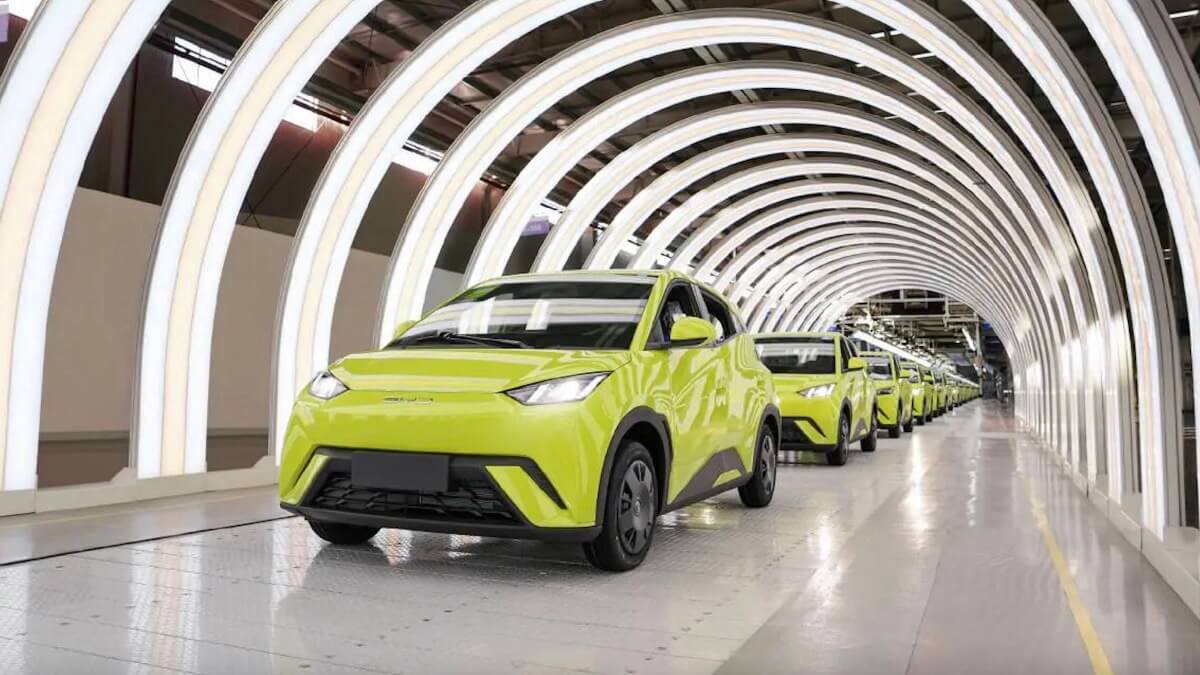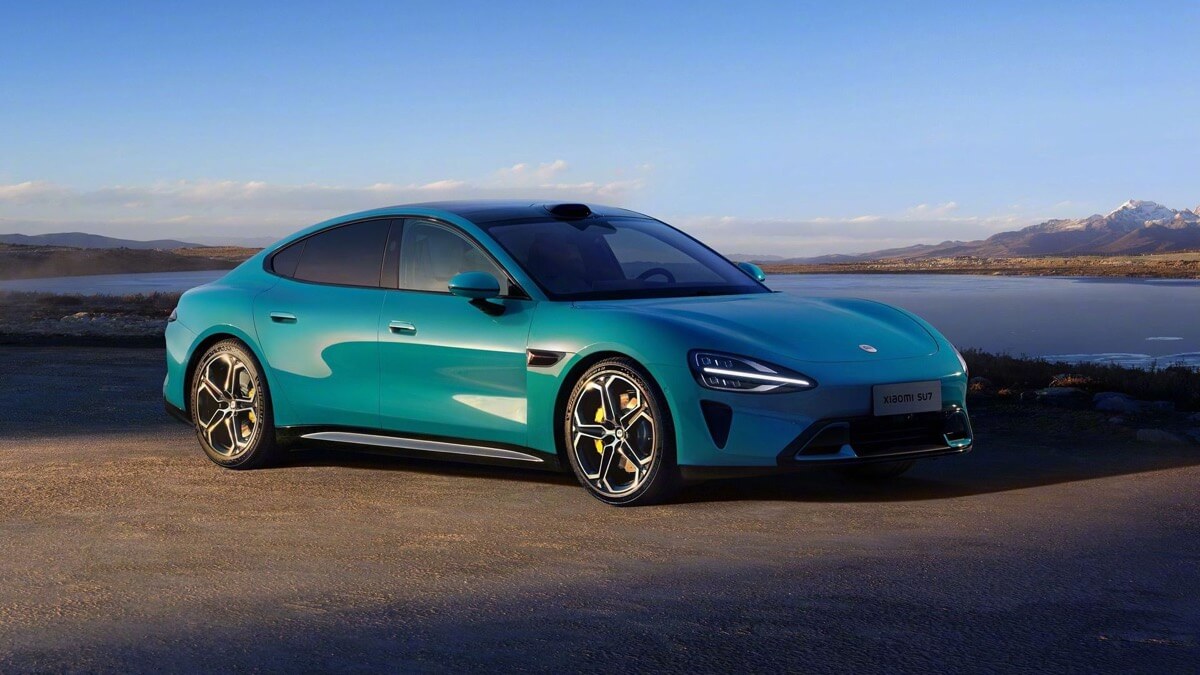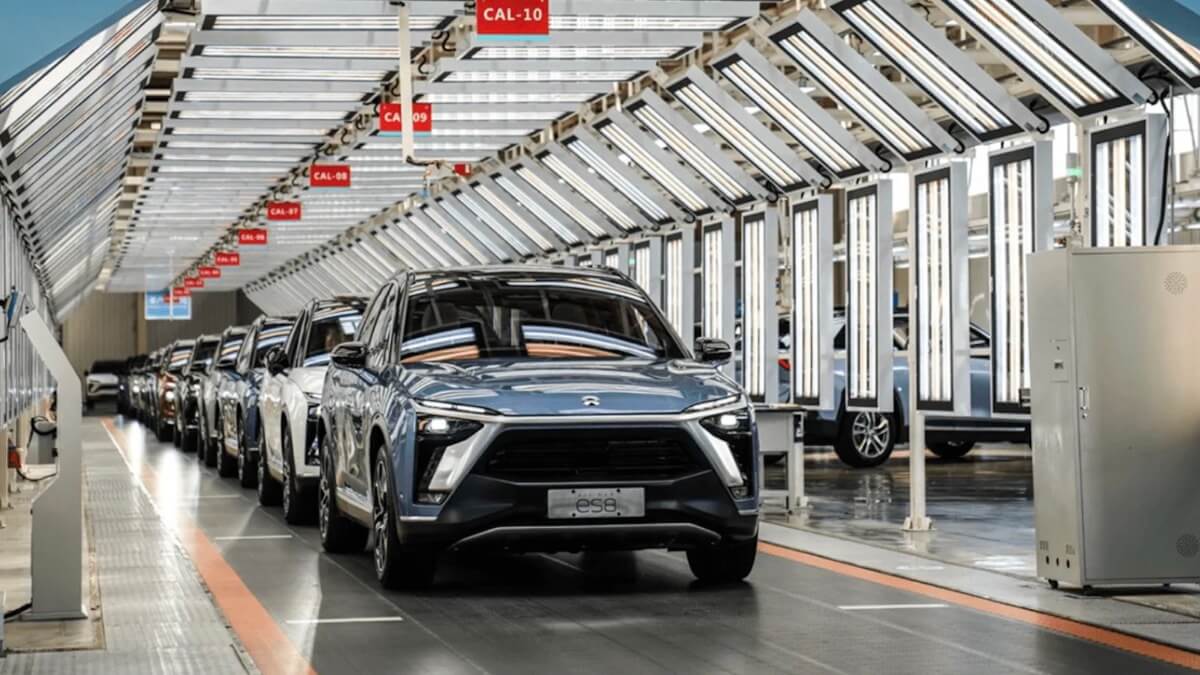China has poured over $230 billion into its electric vehicle industry, and the results are shaking up the global market.
China has invested an astounding $230 billion in its electric vehicle (EV) industry over the past decade, according to a new study by the Center for Strategic and International Studies (CSIS). This massive government support has been crucial in making China the world’s leading EV market, with companies like BYD now expanding rapidly overseas.
The scale of China’s investment is staggering. The $230.8 billion spent on EV development since 2009 represents 18.8% of total electric car sales in that period. This level of funding has enabled China to account for 60% of global EV sales in 2023, far outpacing rivals like the US and Japan. Notably, BYD, one of China’s biggest EV manufacturers, even briefly surpassed Tesla as the world’s largest EV producer last year.
The funding has dramatically increased in recent years. Between 2009 and 2017, China spent $6.74 billion on its EV industry. That amount tripled during 2018-2020 and skyrocketed to $45.2 billion annually in 2022 and 2023. This surge in spending has supported various aspects of the EV industry, from rebates and sales tax exemptions to funding for infrastructure and research and development (R&D) programs. For instance, battery giant CATL received $809.2 million in subsidies last year, more than ten times what they got in 2018.

The impact of this support is significant. China now has over 200 EV companies, although few are profitable. The intense competition has led to low prices and an oversupply of EVs, sparking a price war at home and pushing Chinese firms to look for markets abroad. BYD’s Seagull hatchback, one of the best-selling EVs in China, starts at less than $10,000, a high contrast to the more expensive models typically sold in the US.
However, this government support hasn’t come without challenges. The European Union recently announced additional tariffs of up to 38% on Chinese EVs, accusing them of benefiting from unfair subsidies. Similarly, the US has raised duties on imports of Chinese electric vehicles to 100%. These moves reflect growing concerns in the West about the competitive edge that Chinese subsidies give their EV manufacturers.
Despite these challenges, China’s strategy appears to be paying off. The country’s EV industry has grown domestically and is making significant inroads into global markets. However, the massive government support has also led to inefficiencies, with many companies struggling to become profitable. Analysts suggest that while many Chinese EV firms may eventually collapse, some will undoubtedly become major players in the global market.

The US is also stepping up its efforts to support the EV industry. The Inflation Reduction Act, signed into law in August 2022, allocated $370 billion for promoting clean technologies. This includes a $7,500 credit for qualifying electric car purchases, which contrasts with the average Chinese support of $4,600 per electric car purchase in 2023.
Overall, China’s massive investment in its EV industry has fundamentally altered the global automotive landscape. While this has created intense competition and led to low prices, it has also raised concerns about unfair subsidies and market imbalances. As the EV market continues to evolve, it will be interesting to see how other countries respond and whether they can compete with China’s heavily supported EV industry.








